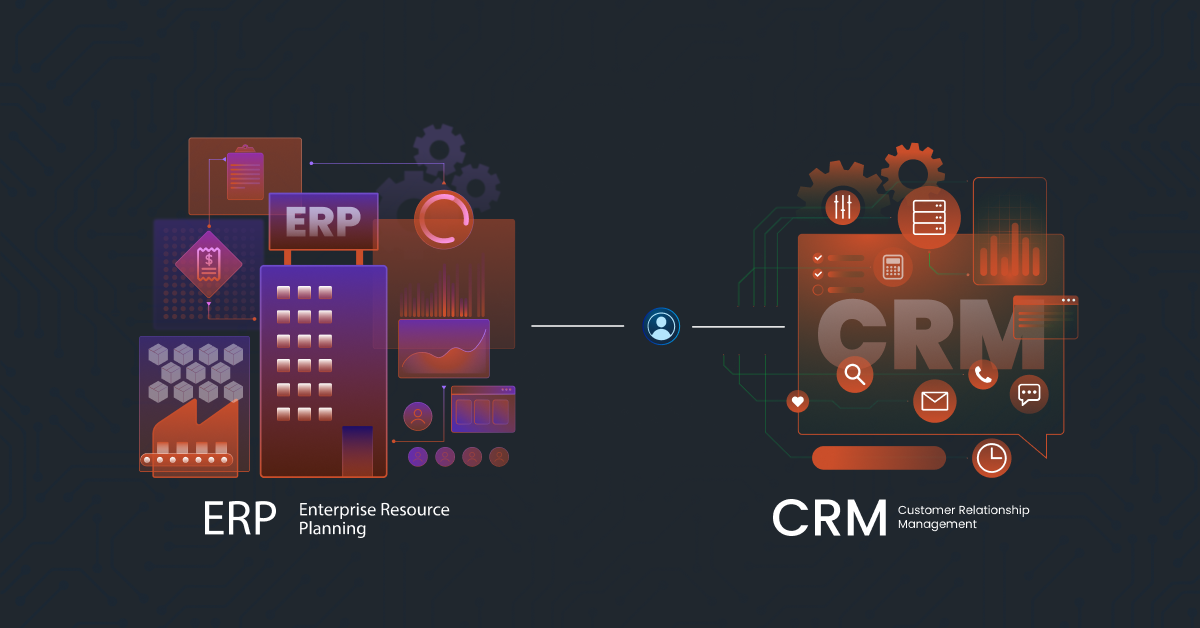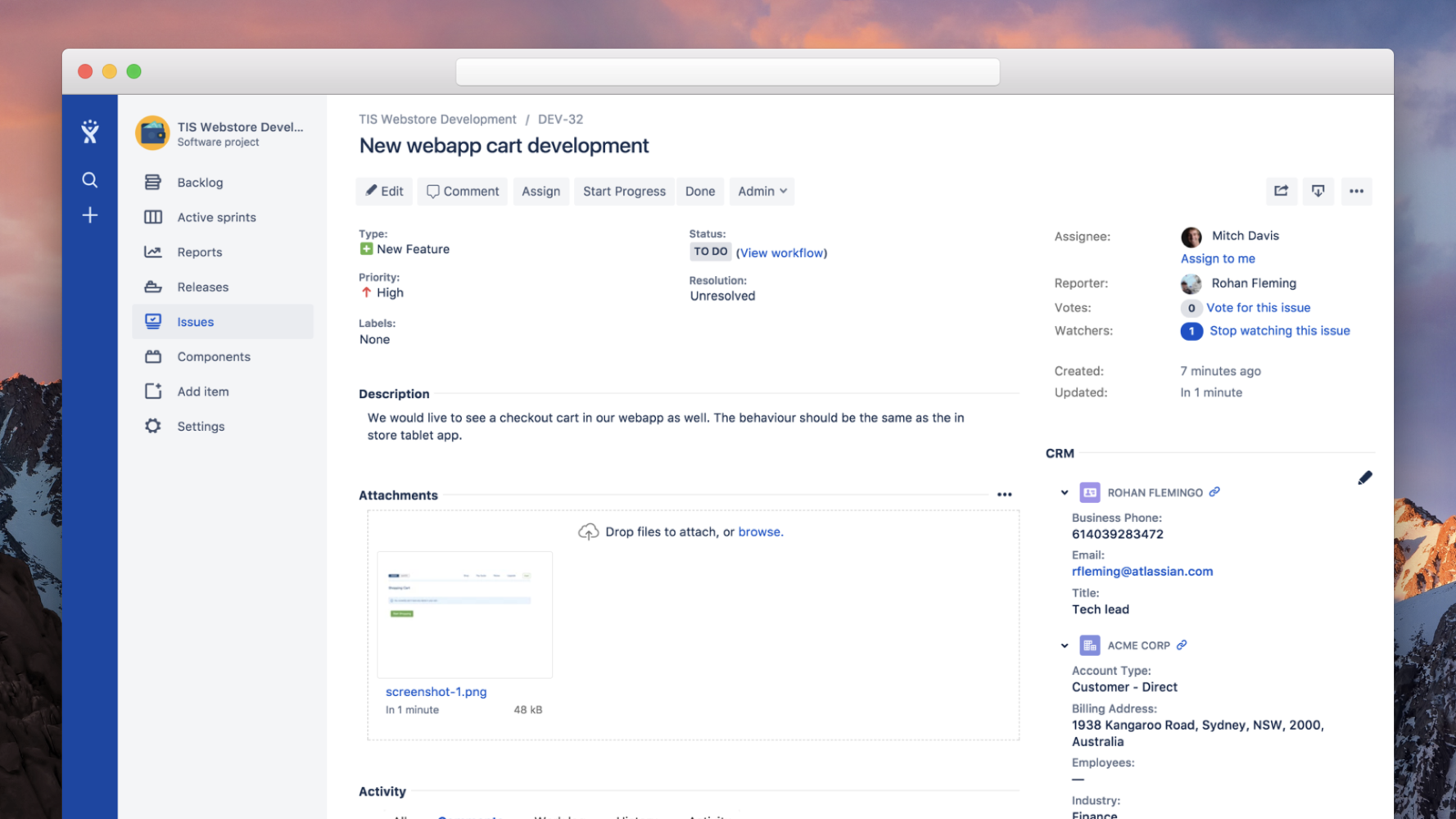
Unlocking the Power of CRM Marketing ROI: A Comprehensive Guide
In today’s fast-paced business environment, organizations are constantly seeking ways to optimize their marketing efforts and maximize their return on investment (ROI). One of the most effective tools available is Customer Relationship Management (CRM) marketing. But simply implementing a CRM system isn’t enough; you need to understand how to leverage it to achieve a positive ROI. This comprehensive guide delves into the intricacies of CRM marketing ROI, providing you with the knowledge and strategies to unlock its full potential.
What is CRM Marketing?
Before we dive into ROI, let’s clarify what we mean by CRM marketing. CRM marketing involves using a CRM system to manage and analyze customer interactions and data throughout the customer lifecycle. This data-driven approach allows businesses to:
- Personalize marketing campaigns
- Improve customer service
- Identify and nurture leads
- Enhance customer retention
- Drive sales growth
At its core, CRM marketing is about building stronger, more meaningful relationships with customers. It’s about understanding their needs, preferences, and behaviors to deliver relevant and timely messages that resonate with them. This ultimately leads to increased customer loyalty, higher conversion rates, and a better bottom line.
Why is CRM Marketing Important?
In an increasingly competitive market, businesses need every advantage they can get. CRM marketing offers several key benefits that make it an essential component of any successful marketing strategy:
- Improved Customer Understanding: CRM systems centralize customer data, providing a 360-degree view of each customer. This allows businesses to understand their customers better, anticipate their needs, and tailor their marketing efforts accordingly.
- Enhanced Personalization: With access to detailed customer profiles, marketers can personalize their campaigns, delivering highly relevant messages that resonate with individual customers. This leads to higher engagement rates and improved conversion rates.
- Increased Efficiency: CRM systems automate many marketing tasks, such as email marketing, lead nurturing, and social media management. This frees up marketers to focus on more strategic initiatives.
- Better Lead Management: CRM systems help businesses track and manage leads throughout the sales funnel. This allows marketers to identify high-potential leads, nurture them effectively, and convert them into paying customers.
- Improved Customer Retention: By providing excellent customer service and building strong relationships, CRM marketing helps businesses retain their existing customers. Retaining customers is significantly cheaper than acquiring new ones.
- Data-Driven Decision Making: CRM systems provide valuable data and analytics that help businesses make data-driven decisions. This allows marketers to track the performance of their campaigns, identify areas for improvement, and optimize their strategies for maximum ROI.
Understanding CRM Marketing ROI
Return on Investment (ROI) is a crucial metric for evaluating the effectiveness of any marketing initiative. In the context of CRM marketing, ROI measures the profitability of your CRM marketing efforts. It helps you determine whether your investment in CRM technology, personnel, and marketing campaigns is generating a positive return.
Calculating CRM marketing ROI involves several steps:
- Calculate Total Investment: This includes the cost of your CRM software, implementation costs, training expenses, salaries of CRM-related staff, and the cost of your marketing campaigns.
- Determine Revenue Generated: Identify the revenue directly attributable to your CRM marketing efforts. This could include sales generated from personalized email campaigns, leads nurtured through CRM, and repeat purchases from loyal customers.
- Calculate Net Profit: Subtract the total investment from the revenue generated.
- Calculate ROI: Divide the net profit by the total investment and multiply by 100 to express the ROI as a percentage.
For example, if your total investment in CRM marketing is $100,000 and the revenue generated is $150,000, your net profit is $50,000. Your ROI would be 50% (($50,000 / $100,000) * 100 = 50%). A positive ROI indicates that your CRM marketing efforts are profitable, while a negative ROI suggests that you need to re-evaluate your strategy.
Key Metrics to Track for CRM Marketing ROI
Tracking the right metrics is crucial for accurately measuring your CRM marketing ROI. Here are some of the most important metrics to monitor:
- Customer Acquisition Cost (CAC): The cost of acquiring a new customer. Lowering CAC is a key goal of CRM marketing.
- Customer Lifetime Value (CLTV): The predicted revenue a customer will generate throughout their relationship with your business. A higher CLTV indicates greater profitability.
- Conversion Rates: The percentage of leads that convert into customers. CRM marketing helps improve conversion rates through targeted campaigns and personalized experiences.
- Customer Retention Rate: The percentage of customers who remain loyal to your business over a specific period. High retention rates are a sign of successful CRM marketing.
- Churn Rate: The percentage of customers who stop doing business with your company. Reducing churn is a critical objective of CRM marketing.
- Email Marketing Performance: Track open rates, click-through rates, and conversion rates for your email campaigns.
- Lead Generation: Monitor the number of leads generated through your CRM marketing efforts.
- Sales Revenue: Track the total sales revenue generated from leads nurtured through your CRM.
- Cost per Lead (CPL): The cost of generating a single lead.
- Cost per Acquisition (CPA): The cost of acquiring a new customer.
Regularly analyzing these metrics provides valuable insights into the performance of your CRM marketing initiatives, allowing you to identify areas for improvement and optimize your strategies for better ROI.
Strategies to Improve CRM Marketing ROI
Achieving a positive CRM marketing ROI requires a well-defined strategy and a commitment to continuous improvement. Here are some strategies to help you maximize your ROI:
- Choose the Right CRM System: Selecting a CRM system that aligns with your business needs and goals is crucial. Consider factors like scalability, integration capabilities, ease of use, and cost. Research different CRM vendors and choose the one that best fits your requirements.
- Implement CRM Effectively: Proper implementation is essential for realizing the full potential of your CRM system. Ensure that your CRM system is configured correctly, that your data is accurate and up-to-date, and that your team is properly trained on how to use the system.
- Segment Your Customer Base: Divide your customers into segments based on their demographics, behaviors, and preferences. This allows you to tailor your marketing messages to specific groups, increasing their relevance and effectiveness.
- Personalize Your Marketing Campaigns: Use the data in your CRM system to personalize your marketing campaigns. Address customers by name, send them relevant product recommendations, and tailor your messaging to their specific needs and interests.
- Automate Your Marketing Processes: Automate repetitive marketing tasks, such as email marketing, lead nurturing, and social media posting. This frees up your marketing team to focus on more strategic initiatives.
- Nurture Leads Effectively: Develop a lead nurturing strategy to guide leads through the sales funnel. Provide them with valuable content, such as blog posts, ebooks, and webinars, to keep them engaged and move them closer to making a purchase.
- Provide Excellent Customer Service: Use your CRM system to provide excellent customer service. Respond to customer inquiries promptly, resolve their issues efficiently, and build strong relationships with them.
- Track and Analyze Your Results: Regularly track and analyze your CRM marketing metrics. This will help you identify what’s working and what’s not. Use the data to optimize your campaigns and improve your ROI.
- Integrate CRM with Other Systems: Integrate your CRM system with other marketing tools, such as your email marketing platform, social media management tools, and website analytics. This allows you to create a seamless marketing experience and gain a more comprehensive view of your customers.
- Continuously Optimize Your Strategy: CRM marketing is an ongoing process. Continuously monitor your results, analyze your data, and make adjustments to your strategy as needed. Stay up-to-date on the latest CRM marketing trends and best practices to ensure that you’re maximizing your ROI.
CRM Marketing ROI Best Practices
To further enhance your CRM marketing ROI, consider these best practices:
- Define Clear Goals: Before launching any CRM marketing campaign, define clear, measurable goals. This will help you track your progress and determine the success of your efforts.
- Focus on Data Quality: Accurate and up-to-date data is essential for effective CRM marketing. Invest in data cleansing and enrichment to ensure that your CRM system contains reliable information.
- Prioritize Customer Experience: Always prioritize the customer experience. Make sure that your marketing efforts are focused on providing value to your customers and building strong relationships with them.
- Use A/B Testing: Conduct A/B tests to optimize your marketing campaigns. Test different subject lines, email copy, and calls to action to see what resonates best with your audience.
- Train Your Team: Provide your team with adequate training on how to use your CRM system and how to implement your CRM marketing strategy.
- Get Executive Buy-In: Secure buy-in from your executive team. This will help you secure the resources you need to implement your CRM marketing strategy effectively.
- Regularly Review and Refine: CRM marketing is not a set-it-and-forget-it endeavor. Regularly review your strategy, analyze your results, and refine your approach to optimize your ROI.
- Stay Compliant: Ensure that your CRM marketing efforts comply with all relevant data privacy regulations, such as GDPR and CCPA.
Tools and Technologies for CRM Marketing
Several tools and technologies can help you implement and optimize your CRM marketing strategy:
- CRM Software: Choose a CRM system that meets your specific needs. Popular options include Salesforce, HubSpot, Microsoft Dynamics 365, and Zoho CRM.
- Email Marketing Platforms: Integrate your CRM system with an email marketing platform, such as Mailchimp, Constant Contact, or ActiveCampaign, to send targeted email campaigns.
- Marketing Automation Software: Use marketing automation software, such as Marketo or Pardot, to automate your marketing processes and nurture leads.
- Analytics Tools: Use analytics tools, such as Google Analytics, to track the performance of your marketing campaigns and gain insights into customer behavior.
- Social Media Management Tools: Integrate your CRM system with social media management tools, such as Hootsuite or Buffer, to manage your social media presence.
- Lead Scoring Tools: Implement lead scoring tools to identify high-potential leads and prioritize your sales efforts.
Selecting the right tools and technologies is crucial for your CRM marketing success. Research different options and choose the ones that best align with your needs and budget. Many CRM platforms offer integrations with other marketing tools, streamlining your workflow and providing a more holistic view of your marketing efforts.
The Future of CRM Marketing ROI
The landscape of CRM marketing is constantly evolving. As technology advances, we can expect to see even more sophisticated tools and strategies emerge. Here are some trends to watch for:
- Artificial Intelligence (AI): AI is playing an increasingly important role in CRM marketing. AI-powered chatbots can provide instant customer support, AI-driven analytics can provide deeper insights into customer behavior, and AI can automate marketing tasks.
- Personalization at Scale: Marketers will continue to refine their personalization efforts, delivering highly tailored experiences to individual customers.
- Mobile-First Marketing: With the increasing use of mobile devices, mobile-first marketing strategies will become even more important.
- Data Privacy and Security: Data privacy and security will remain a top priority. Businesses will need to comply with evolving data privacy regulations and protect customer data from cyber threats.
- Focus on Customer Experience: The customer experience will continue to be the driving force behind marketing strategies. Businesses will need to prioritize providing excellent customer service and building strong relationships with their customers.
By staying informed about these trends and adapting your strategies accordingly, you can ensure that your CRM marketing efforts remain effective and generate a positive ROI in the years to come.
Real-World Examples of CRM Marketing ROI Success
To further illustrate the power of CRM marketing ROI, let’s look at a few real-world examples:
- Example 1: E-commerce Retailer: An e-commerce retailer implemented a CRM system to personalize its email marketing campaigns. By segmenting its customer base and sending targeted product recommendations, the retailer increased its email click-through rates by 20% and its conversion rates by 15%, resulting in a significant increase in sales revenue.
- Example 2: Software Company: A software company used its CRM system to nurture leads through the sales funnel. By providing valuable content and personalized follow-up emails, the company increased its lead-to-customer conversion rate by 25%, leading to a substantial improvement in its ROI.
- Example 3: Financial Services Firm: A financial services firm used its CRM system to improve customer service. By providing faster and more efficient support, the firm increased its customer retention rate by 10%, leading to a significant increase in customer lifetime value.
These examples demonstrate that CRM marketing can deliver tangible results for businesses of all sizes and in various industries. The key is to develop a well-defined strategy, implement it effectively, and continuously optimize your efforts based on your results.
Conclusion
CRM marketing is a powerful tool for driving business growth and maximizing ROI. By understanding the principles of CRM marketing, implementing effective strategies, and continuously tracking and analyzing your results, you can unlock the full potential of your CRM system and achieve a positive return on your investment. Remember to choose the right CRM system, implement it effectively, personalize your campaigns, automate your processes, and continuously optimize your strategy. The future of marketing is data-driven and customer-centric, and CRM marketing is at the forefront of this evolution. Embrace the power of CRM marketing, and watch your business thrive!



